When it comes to car accidents, head-on collisions are among the most dangerous and deadly types of fatal crashes. These accidents occur when two vehicles traveling in opposite directions collide with each other, typically at high speeds. In this article, we will take a deep dive into this type of car accident covering everything from their causes and effects to how you can avoid them.
What is a head-on collision?
A head-on collision occurs when two vehicles traveling in opposite directions collide with each other, typically in oncoming traffic, at high speeds. These type of car accident are often considered the most dangerous because the force of the impact is shared between both vehicles, increasing the likelihood of serious injuries or fatalities.
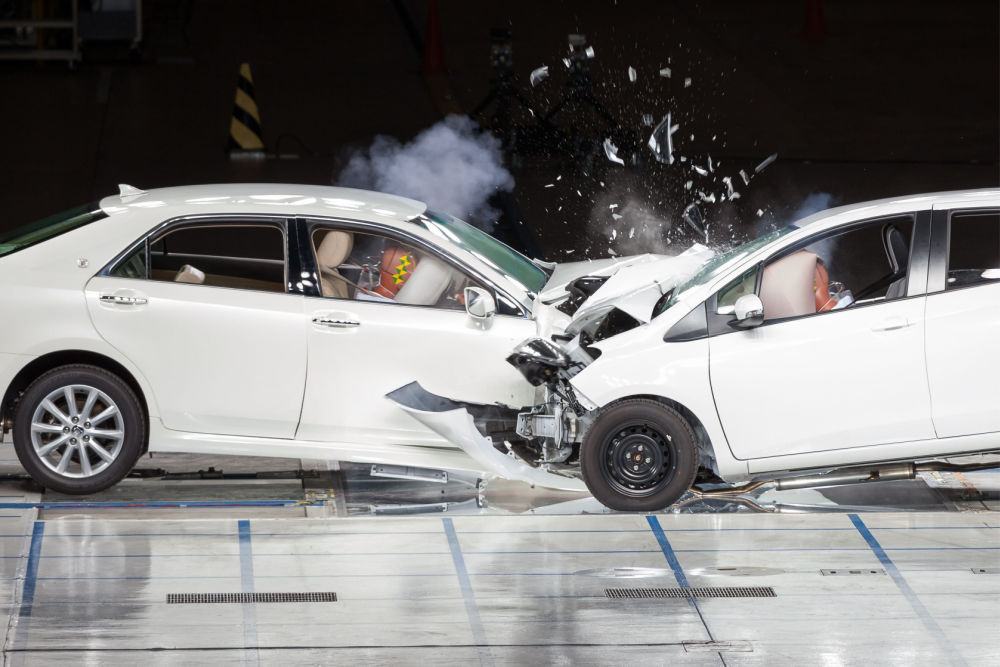
Causes of head-on collisions
There are many different factors that can contribute to a head-on car accident. Some of the most common causes of head on accidents include:
- Distracted driving
- Drunk or drugged driving
- Reckless driving, such as speeding or weaving in and out of traffic
- Fatigued driving
- Poor visibility, such as during fog or heavy rain
- Failing to obey traffic signals or signs
- Driving on the wrong side of the road
- Inexperience or unfamiliarity with the road or driving conditions
- Mechanical issues with the vehicle, such as brake failure or steering problems.
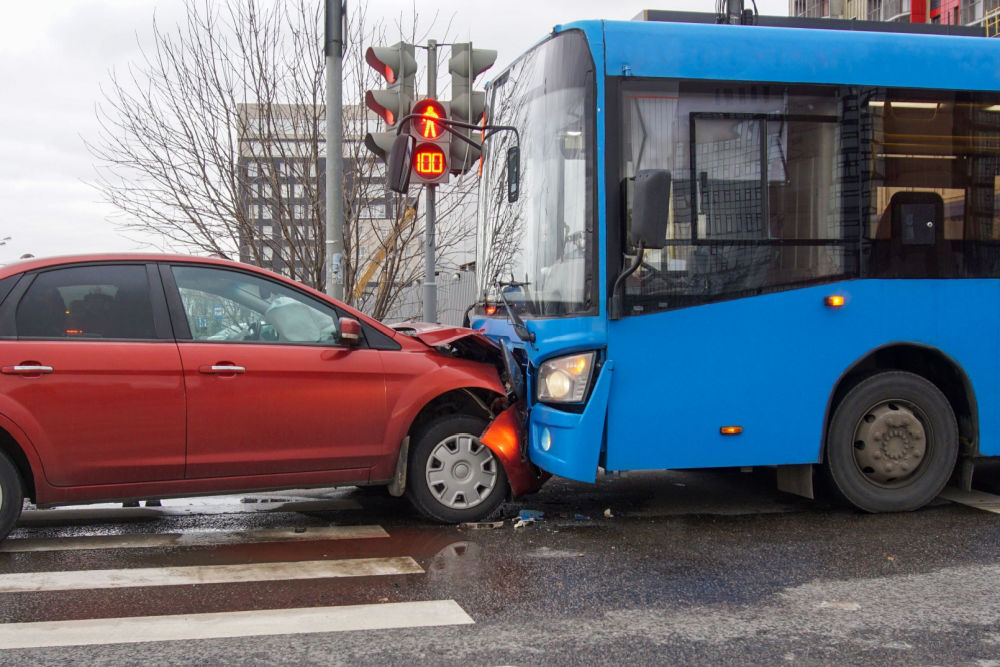
Effects of head-on Crashes
The effects of a fault in motor vehicle or a head-on collision can be devastating. Some of the most common injuries that can result from these accidents include:
- Traumatic brain injury (TBI)
- Spinal cord injuries
- Broken bones
- Internal bleeding
- Severe cuts or lacerations
- Burns
- Psychological trauma, such as post-traumatic stress disorder (PTSD)
In the worst cases, injuries from a head-on collision can be fatal.
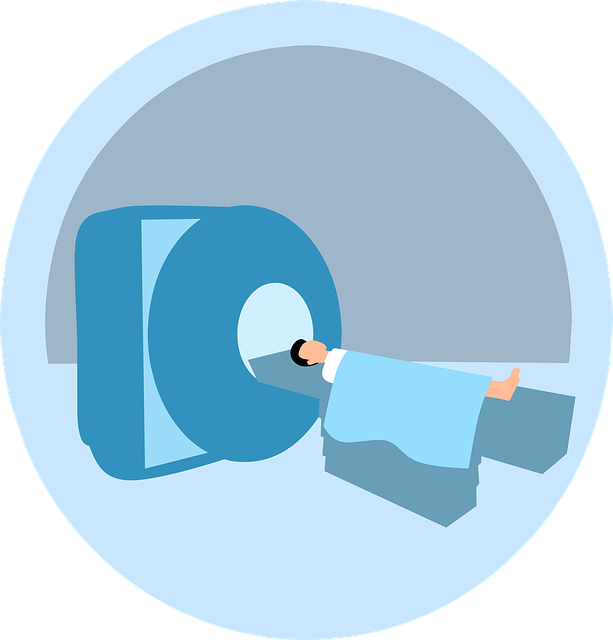
How to avoid a head-on collision
There are several steps you can take to reduce your risk of being involved in a head-on collision:
- Always wear your seatbelt
- Avoid distracted driving, such as texting or using your phone while behind the wheel
- Drive defensively, being aware of other drivers on the road
- Obey traffic signals and signs
- Be cautious when passing or changing lanes
- Reduce your speed in poor weather conditions or unfamiliar areas
- Avoid driving under the influence of drugs or alcohol
- Keep your vehicle properly maintained, including regular brake and tire checks.
What to do if you're involved in a head-on collision
If you are involved in car accident case of a head-on collision, there are several steps you should take:
- Seek medical attention immediately, even if you do not feel injured
- Contact the police and file a report
- Exchange information with the other driver(s) involved
- Take photos of the scene, including any damage to your vehicle and the surrounding area
- Contact your insurance company as soon as possible.
- Contact a car accident attorney that specializes in Georgia law.
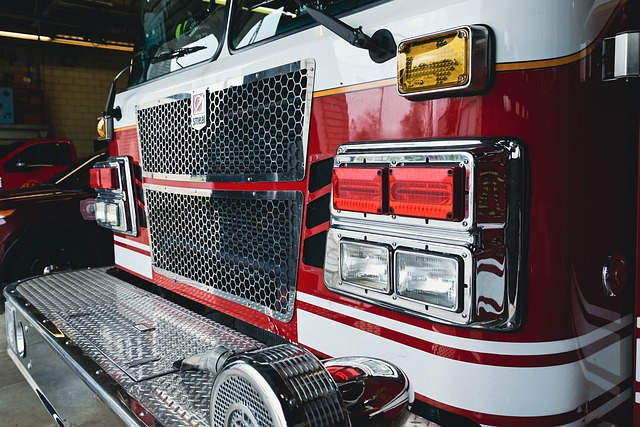
What Are The Legal considerations in head-on car accident?
Legal considerations in head-on collision cases vary depending on the circumstances of the accident scene. Here are some of the most important legal factors to consider in head on accident is:
- Fault determination: In order to receive compensation for damages or injuries sustained in a head-on collision, it is necessary to establish fault in a head-on car accident. This is typically done through an investigation of the accident by law enforcement officials, insurance companies, and/or car accident lawyers. Factors such as road conditions, weather, and driver behavior will be taken into account when determining who is at fault.
- Insurance coverage: Both parties involved in a head-on collision are likely to have insurance coverage. However, it is possible that one or both parties may not have adequate coverage to pay for all the damages or injuries sustained in the accident. In some cases, it may be necessary to pursue legal action to receive compensation.
- Statute of limitations: It is important to be aware of the statute of limitations in your state for a auto accident, which is the time limit for filing a legal claim. If you wait too long to file a claim, you may lose your right to do so.
- Comparative fault: In some states, damages may be reduced if both parties are found to be partially at fault for the accident. This is known as comparative fault or comparative negligence.
- Settlement negotiations: In many cases, it may be possible to settle a head-on collision case outside of court. Settlement negotiations can be complex and require the help of an experienced personal injury lawyer.
It is important to seek legal advice from a personal injury attorney as soon as possible after a head on crash to ensure that your rights are protected and you receive the compensation you deserve.
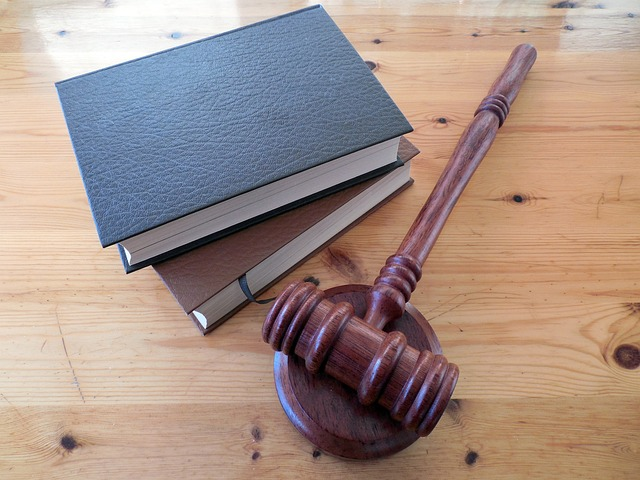
How Do You Determine Fault in a Head-On Collision?
Determining fault in a head-on collision can be a complex process, as it requires a thorough investigation of the accident scene and a review of all available evidence. Generally, fault in a head-on collision is determined by examining several factors, including:
- Traffic laws: An investigation will determine whether any traffic laws were violated, such as speeding or driving under the influence, by either driver involved in the collision.
- Physical evidence: Physical evidence, such as skid marks and damage to the vehicles, can help investigators determine the speed and direction of the vehicles at the time of the collision.
- Witness statements: Eyewitnesses can provide valuable information about the accident, including who they believe was at fault.
- Police reports: Police officers who respond to the accident scene will often create an official report that includes information about the accident, including their assessment of fault.
- Expert opinions: In some cases, experts such as accident reconstruction specialists may be called upon to provide an opinion about how the accident occurred and who was at fault.
After considering all of the available evidence, fault may be assigned to one or both drivers involved in the collision. In some cases, other parties such as the vehicle manufacturer or the local government responsible for maintaining the road may also be found to be at fault.
Determining fault in a head-on collision is essential because it can impact the outcome of a legal case, including the amount of compensation that may be awarded to the injured parties.
Should I Contact an Auto Accident Lawyer?
If you are involved in a head-on crash, it is highly recommended to contact a car accident lawyer. Head-on car accidents can result in severe injuries, including traumatic brain injury, spinal cord injury, and other life-altering injuries. An experienced car accident attorney can help you understand your legal options and represent you in negotiations with the insurance company or in court.
A car accident attorney can also help you determine fault and liability, which is crucial in accident cases. In some cases, multiple parties may be responsible for the accident, including the other driver, the vehicle manufacturer, or the local government responsible for maintaining the road. An attorney can help you navigate the complex legal system and ensure you receive the compensation you deserve.
It is essential to contact an attorney as soon as possible after a head-on collision, as there may be time limitations on filing a claim or lawsuit. The attorney can help you gather evidence, including police reports, medical records, and witness statements, to support your case and increase your chances of a successful outcome.
Overall, contacting a car accident lawyer after a head-on collision is a smart decision, as it can help you protect your legal rights and ensure you receive fair compensation for your injuries and damages.
Insurance and head-on collisions
Insurance coverage for a personal injury claim in a car accident will depend on the specifics of the accident and the extent of the damages and injuries involved in frontal crash. Generally, the at-fault driver's liability insurance will cover the damages and injuries sustained by the other driver(s) involved in the collision. If the at-fault driver does not have insurance or is underinsured, the injured parties may be able to seek compensation through their own uninsured/underinsured motorist coverage.
Statistics on head-on auto accidents
According to the National Highway Traffic Safety Administration (NHTSA), head-on crashes are responsible for approximately 10% of all fatal car accidents in the United States. In 2019 alone, there were over 3,600 deaths attributed to head-on collisions.
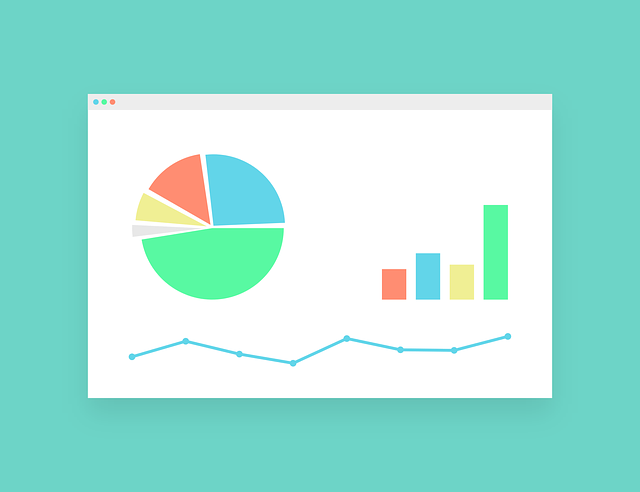
Common misconceptions about head-on crashes
There are several misconceptions about head-on accidents that can lead to confusion or misunderstandings. Some of the most common myths include:
- Head-on accidents are always caused by oncoming traffic who are traveling the wrong way on a one-way road: While driving on the wrong side of the road is a common cause, there are many other factors that can contribute to these accidents.
- A head-on collision is always caused by drivers who are under the influence of drugs or alcohol: While impaired driving can certainly increase the risk of a head-on collision, it is not the only cause of these accidents.
- A head-on car accident always occur at high speeds: While collisions are often associated with high speeds, they can also occur at lower speeds, particularly in areas with limited visibility.
The psychological impact of head-on collisions
In addition to physical injuries, a car accident can also have a profound psychological impact on those involved. Survivors of these accidents may experience anxiety, depression, and other mental health issues, while the families of those killed or head on collision damages may experience grief, guilt, and other emotions.
Head-on collisions and road design
Finally, it is worth noting that road design can also play a role in the occurrence and severity of car accident from oncoming traffic and head injuries. Roads that are poorly designed or maintained, such as those with inadequate signage or poor visibility, can increase the risk of a head on crash. As such, it is important for local governments and transportation officials to prioritize road safety and invest in infrastructure improvements that can help prevent a head-on collision and other types of car accidents.

Conclusion
Head-on collisions are some of the most dangerous and deadly types of car accidents. They can be caused by a variety of factors, including distracted or impaired driving, poor visibility, and mechanical issues with the vehicle. To reduce your risk of being involved in a head-on collision, it is important to practice safe driving habits and always wear your seatbelt. If you are involved in a head-on collision, seek medical attention immediately and contact the police, your insurance company and a personal injury attorney.
FAQs
- How fast do cars typically have to be going in order for a head-on car accident to be fatal?
- Head-on collisions can be fatal at a wide range of speeds, depending on a variety of factors. However, they are most likely to be deadly when both vehicles are traveling at speeds of 40 miles per hour or more.
- What are some common injuries sustained in head-on collisions?
- Some of the most common injuries sustained in head-on collisions include traumatic brain injuries, spinal cord injuries, broken bones, and severe cuts or lacerations.
- Can I file a lawsuit if I am injured in a head-on crash?
- Yes, you may be able to file a personal injury lawsuit to seek compensation for your injuries and damages. However, proving fault in these cases can be complex, so it is important to work with an experienced personal injury lawyer.
- What should I do if I witness a head-on collision?
- If you witness a head-on collision, call 911 immediately and stay at the scene if it is safe to do so. Provide any assistance you can, such as administering first aid or directing traffic, but avoid moving any injured parties unless it is absolutely necessary.
- How can road design affect the occurrence of head-on collisions?
- Poor road design, including inadequate signage and limited visibility, can increase the risk of head-on collisions. Local governments and transportation officials can help prevent these accidents by investing in infrastructure improvements and prioritizing road safety.

